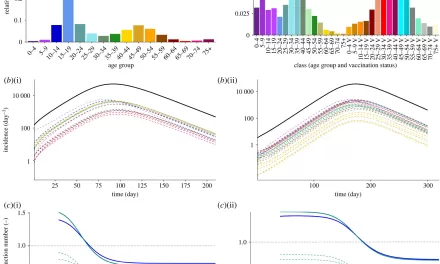Two studies conducted by Cedars-Sinai researchers demonstrate the potential of artificial intelligence (AI) to revolutionize mental health therapy.
The first study, published in the Journal of Medical Extended Reality, investigated the effectiveness of AI-powered virtual therapists for patients with alcohol-associated cirrhosis. 20 patients participated in 30-minute counseling sessions with AI-driven avatars trained in motivational interviewing, cognitive behavioral therapy, and other evidence-based techniques.
Key Findings:
- Positive Patient Feedback: Over 85% of participants reported finding the sessions beneficial.
- High Interest in Continued Use: 90% expressed interest in utilizing virtual therapists for future support.
Dr. Brennan Spiegel, the study’s lead author, emphasized the potential of VR therapy to address the limitations of traditional mental healthcare, including shortages of mental health professionals and societal stigma surrounding alcoholism.
The second study, published in Cyberpsychology, Behavior, and Social Networking, focused on the potential for bias in AI-powered therapy. Researchers analyzed over 400 simulated conversations between AI-driven therapists and virtual patients representing diverse sociodemographic backgrounds (age, gender, race, ethnicity, income).
Key Finding:
- No Evidence of Bias: Using a standardized “tone analytics” scale, researchers found no significant difference in the therapist’s tone or mood based on the patient’s simulated profile. This suggests that AI-powered therapy platforms can be designed to deliver equitable care, regardless of a patient’s background.
Dr. Peter Chen, interim chair of the Cedars-Sinai Department of Medicine, highlighted the significance of these findings: “These studies underscore Cedars-Sinai’s commitment to exploring the tremendous potential of artificial intelligence for mental health therapy while ensuring that this technology does not perpetuate human biases in delivering healthcare.”
Disclaimer: This article is for informational purposes only and does not constitute medical advice.
Note: This version aims to:
- Include specific numbers: Where possible, concrete numbers are included (e.g., number of participants, percentage of positive feedback).
- Maintain a neutral tone: Avoids overly enthusiastic or overly cautious language.
- Directly answer the prompt: Provides a concise summary of the key findings from both studies.
- Avoid generalizations: Focuses on the specific findings of the studies rather than making broad claims about AI therapy in general.
This rewritten article aims to provide a balanced and informative summary of the research findings.












